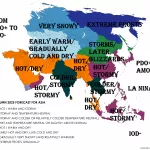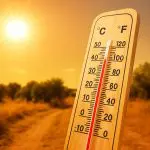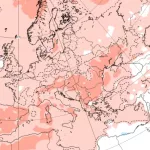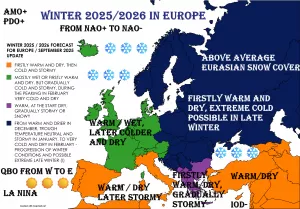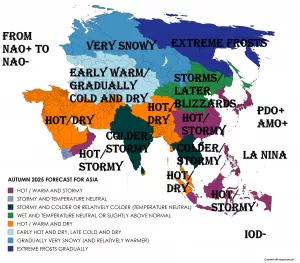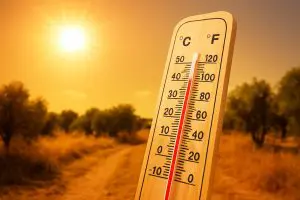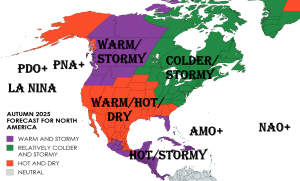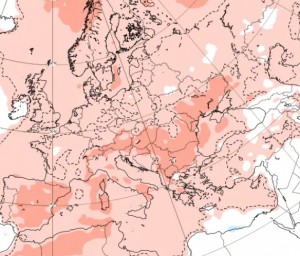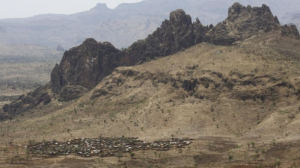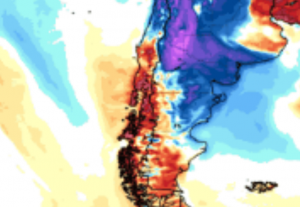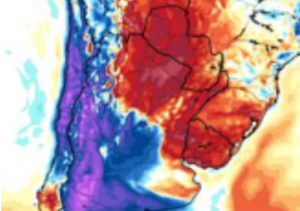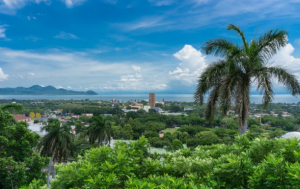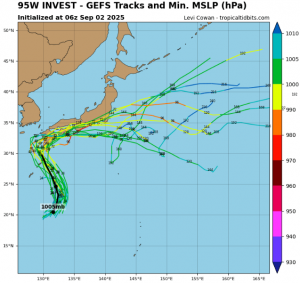
Thailand continues to endure one of the most extreme heatwaves in its recorded history. On July 22, 2025, the southern city of Pattani, located near the Malaysian border, reached a scorching 36.4°C — the highest July temperature ever recorded there. This is especially remarkable given that Southern Thailand is typically moderated by maritime air and seasonal monsoon rains. The intensity of this heat so far south reflects the broader and deeper reach of this year’s extraordinary warmth across the region.
In the days leading up to this record, Central and Northern Thailand had been gripped by extreme nighttime heat, with minimum temperatures refusing to drop below 28°C and in some locations even reaching 30°C. These values are far above seasonal norms and pose significant health risks. When night temperatures remain so elevated, the human body cannot properly cool down, exacerbating the effects of heat stress. The inability to recover overnight has now become a consistent and dangerous feature of this ongoing heatwave.
The unusual severity of both daytime and nighttime temperatures points to an underlying disruption in regional climate systems. A combination of a delayed and weakened monsoon, persistent high-pressure ridging, and warmer-than-average sea surface temperatures around the Malay Peninsula has created a setup where heat accumulates day after day with no meaningful relief. Pattani’s record is not an isolated spike, but a symptom of a sustained atmospheric pattern that is pushing many parts of Thailand beyond climatological thresholds.
This level of heat is not just uncomfortable — it is disruptive and dangerous. It strains public health systems, increases electricity demand for cooling, and threatens food and water security, especially in rural areas. The current wave fits into a larger trend being observed across Southeast Asia in 2025, where temperature records are falling not only in Thailand, but also in Malaysia, Laos, Vietnam, and southern China. As more nights fail to cool and days grow ever hotter, the cumulative impact grows more severe with each passing week.

Illustration picture: https://www.asiakingtravel.com/attraction/pattani


